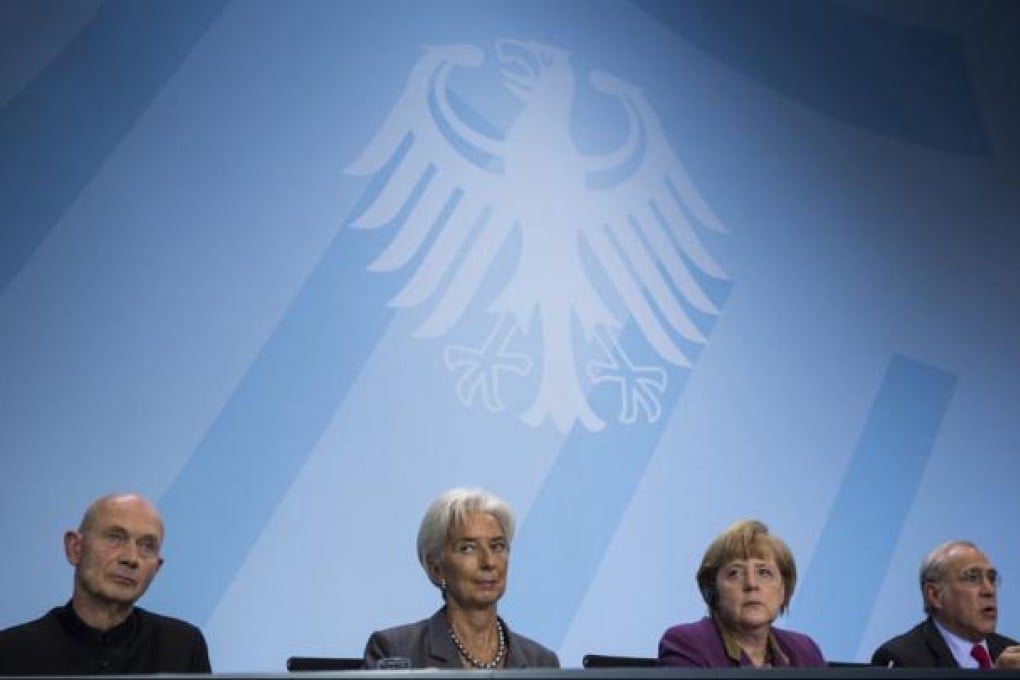Can Asia step up to remake global order?
Nathan Gardels considers a call for global leadership to strengthen outdated world institutions

The rise of Asia is the single most important historical event of our era. Yet, for all the continent's now well-established might, few voices in the region have stepped forward to address what role Asia, above all China, must play in shaping Globalisation 2.0 - the interdependence of identities that characterises our world.
In his new book, The Great Convergence: Asia, the West and the Logic of One World, Kishore Mahbubani, dean of the Lee Kuan Yew School of Public Policy in Singapore, at last rises to the challenge.
Mahbubani's magnum opus is so far the most comprehensive and objective proposal to update the world institutions - the UN, the Bretton Woods organisations like the International Monetary Fund and World Bank, the World Trade Organisation - by accommodating them to the rise of the rest. Indeed, he evinces more faith in those institutions than their Western founders.
With characteristic Asian pragmatism, Mahbubani's essential argument is not for the creation of new institutions that enshrine the global power shift, but rather closing the "democratic deficit" by filling up the old bottle of the West's rule-based system with the new wine of the rising rest. For Mahbubani, the old institutions should remain, but under new management.
By Mahbubani's lights, the greatest paradox of the present historical moment is that the "common norms" that have made Asia successful have been adapted from the West. In this, the long-time apostle of non-Western modernity arrives at the mirror-image conclusions of historian Niall Ferguson, the long-time champion of the virtues of Western imperialism. Mahbubani's "common norms" more or less overlap with Ferguson's "killer apps" of modernisation.
The common norms for Mahbubani are modern science and logical reasoning, free-market economics, a social contract that accountably binds ruler and ruled, and multilateralism. Ferguson's six killer apps are: competition, science, property rights, modern medicine, consumer society and the work ethic.
Both avoid the loaded term "democracy" as a norm or an application. For Ferguson, "competition" would seem to encompass not only multiparty contests, but also meritocratic performance competition within one party, as in China. For Mahbubani, the West was the first to leap ahead by destroying feudalism, but democracy is not yet universally shared. In China, he nonetheless sees a kind of systemic accountability of the party to the masses since it must "earn its legitimacy daily" through performance.